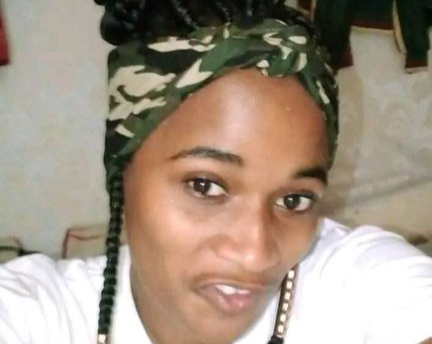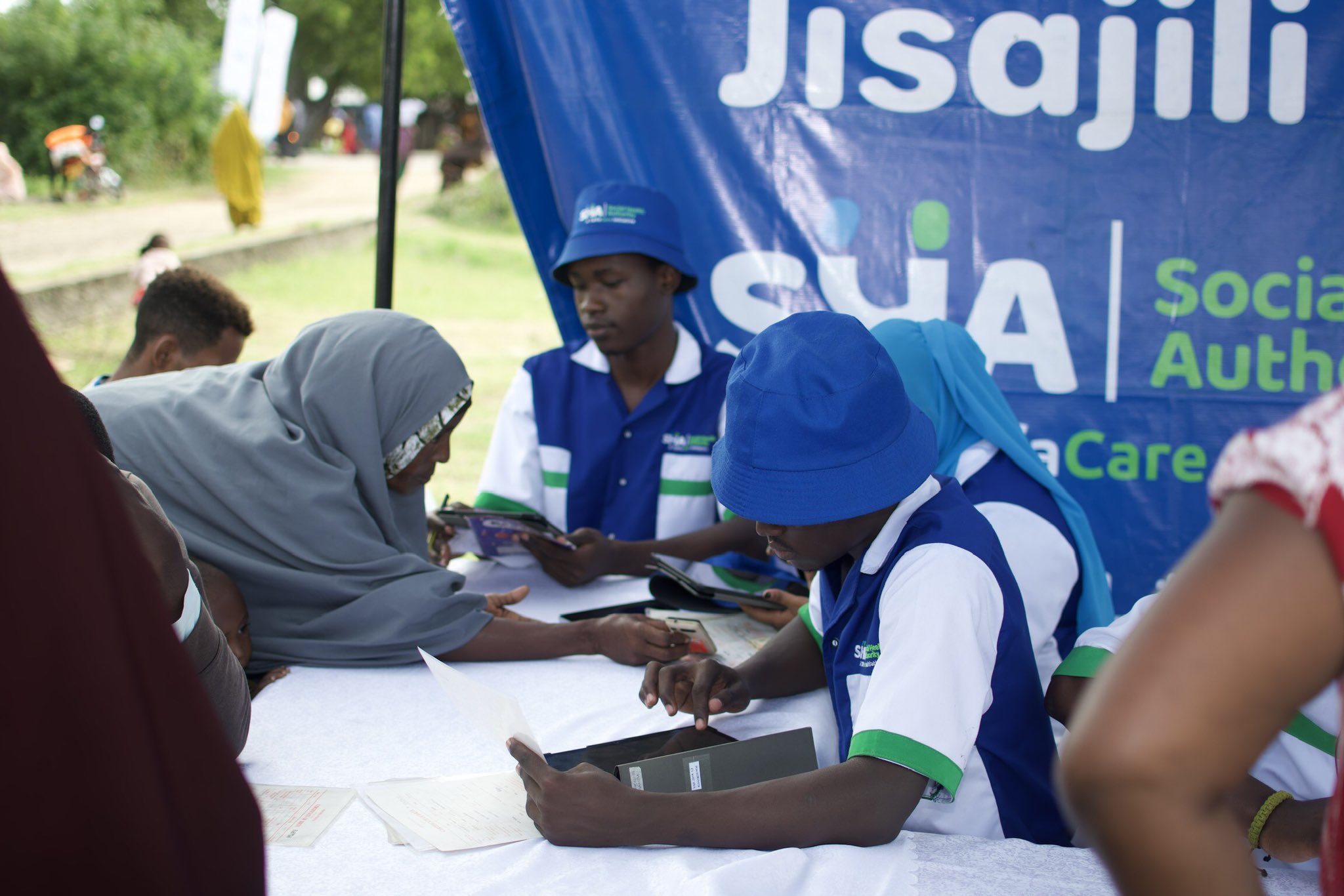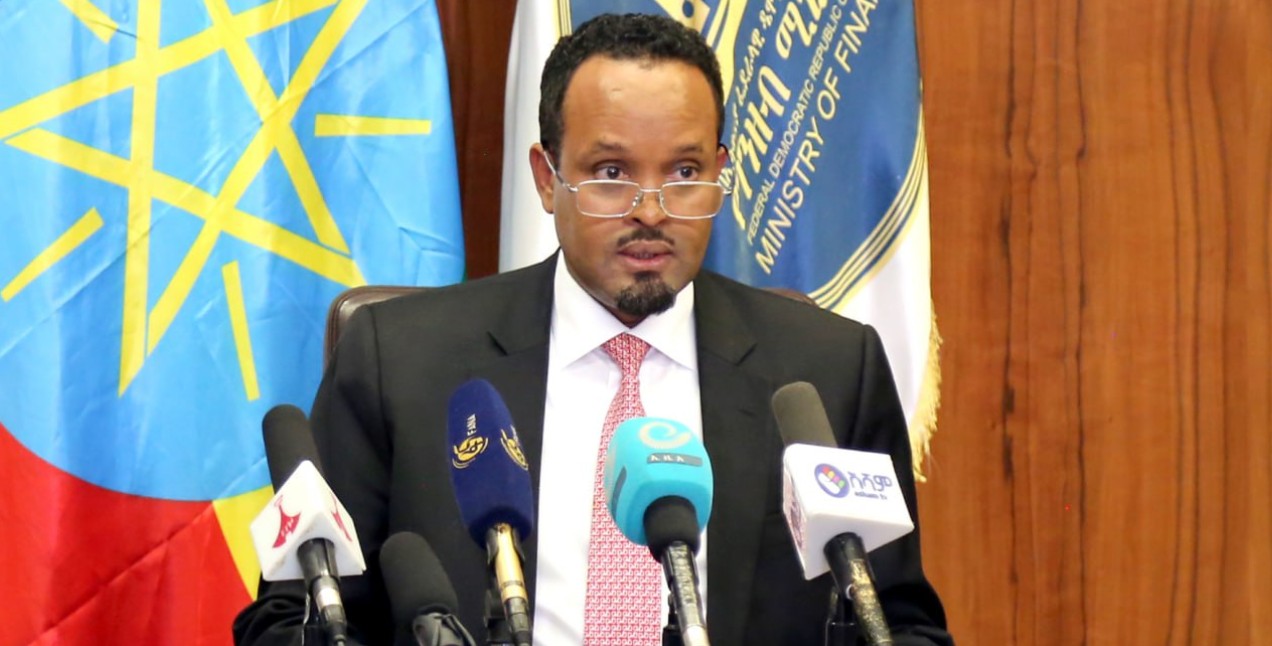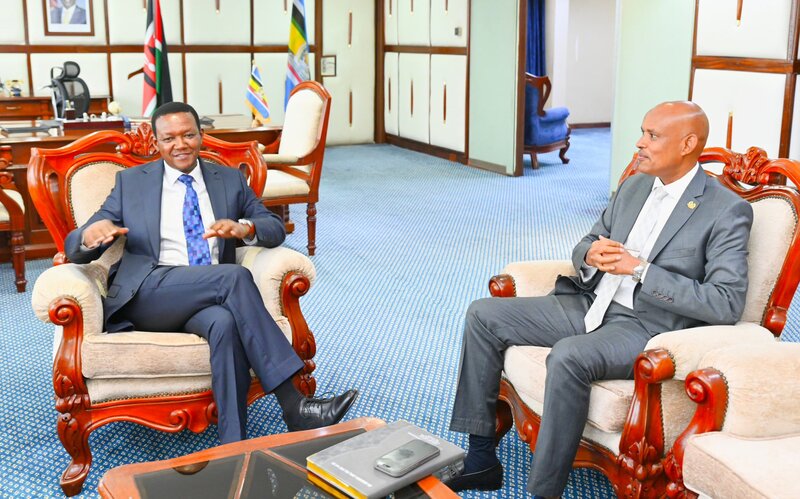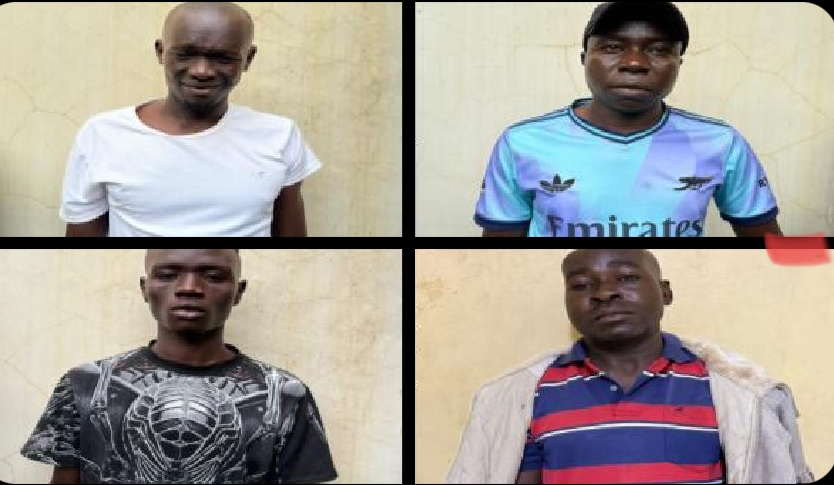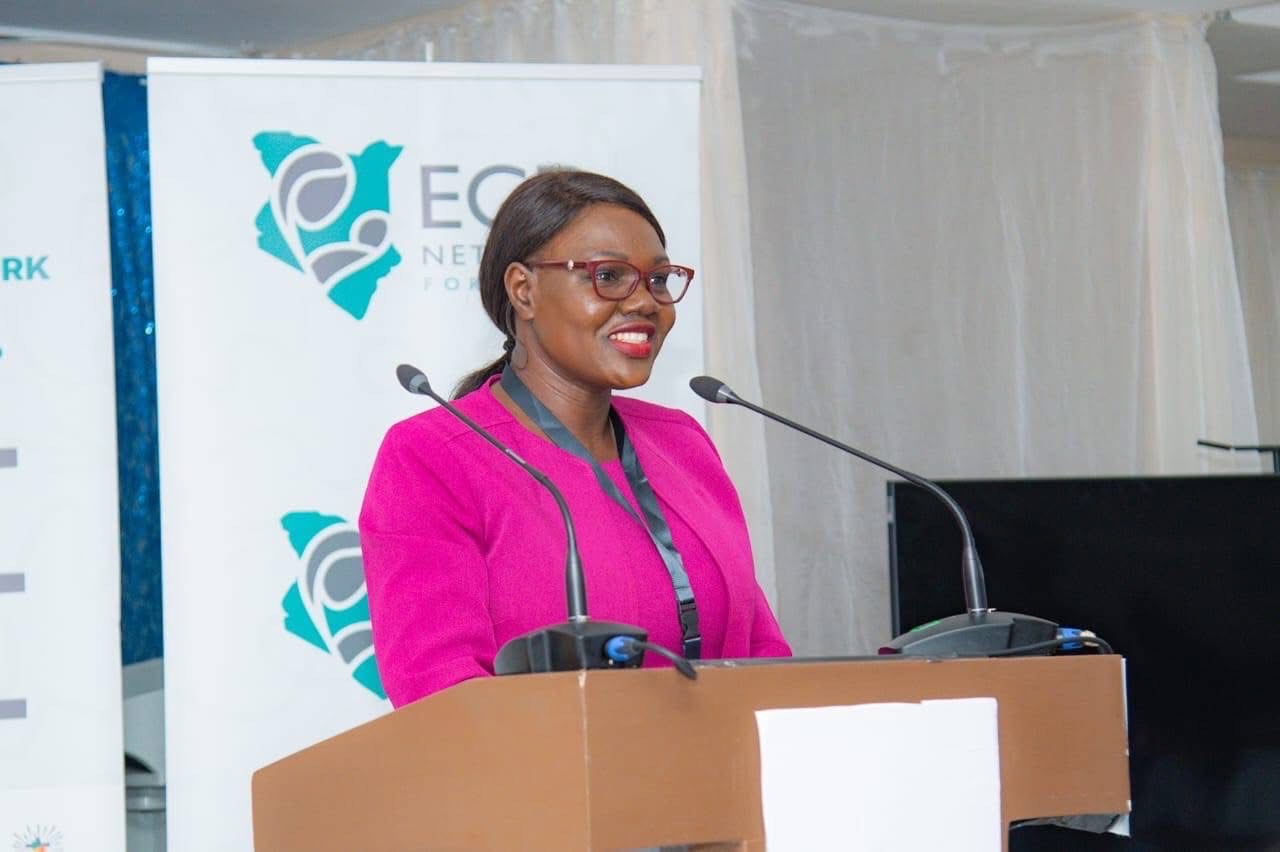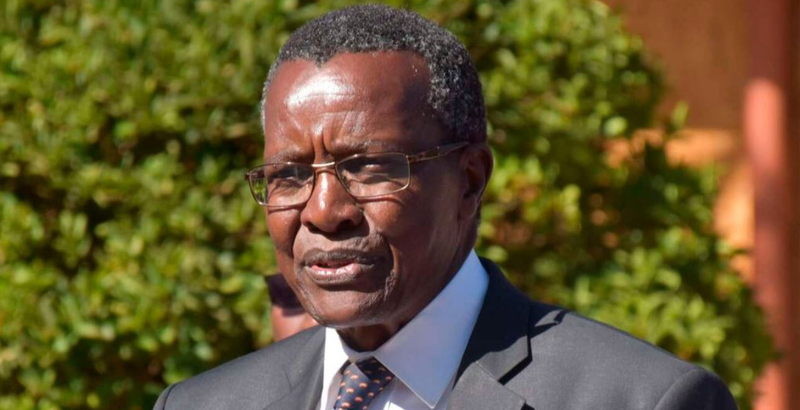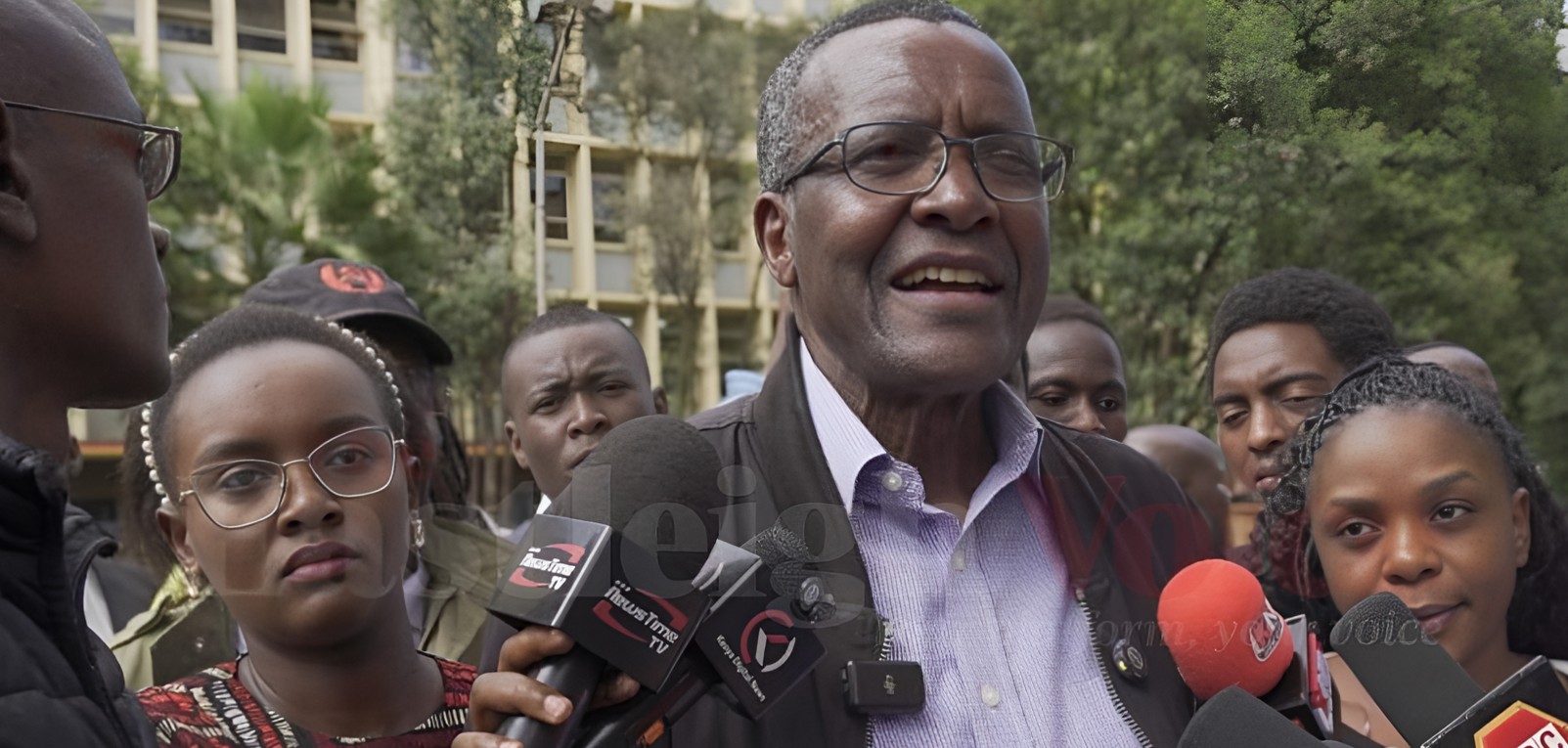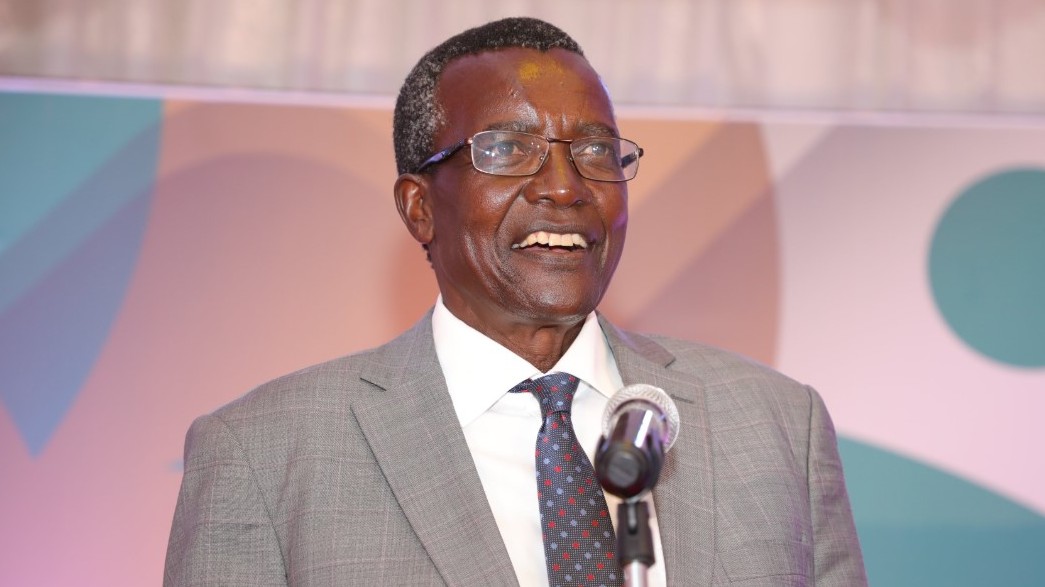Pastor denies claims of fueling ethnic hatred as DPP orders probe

He claimed he meant to encourage other Kenyan tribes to emulate the unity and support seen within the Somali community.
Remarks by Pastor Jackson Wycliffe which were perceived as inciting hatred against the Somali community, have sparked widespread criticism from both Kenyans and the Somali political class, both domestically and internationally
The pastor has been accused of fueling ethnic hatred, allegations that he has since denied.
More To Read
- How Eastleigh rewrote its colonial name into a Kenyan-Somali powerhouse
- Eastleigh man transforms neglected 13th Street roundabout into flourishing maize farm
- Japanese Embassy officials tour Kamukunji, praise local innovation and enterprise
- Eastleigh traders urge City Hall to address street vendor clashes, poor roads, waste crisis
- Somalia Independence Day celebrations banned in Eastleigh over security fears
- Silent struggles: Kenyan men speak out on financial pressure, mental health, and masculinity
Former Isiolo Deputy Governor Mohammed Guleid also expressed concern over the inflammatory nature of remarks made by prominent figures about the Somali community. He compared the situation to historical instances of religious persecution in Europe.
"In the Middle Ages, pogroms and the Inquisition against Jews in both Western and Eastern Europe began in a similar manner. When religious leaders can openly preach such bigotry, it's easy to imagine what occurs behind the scenes and in social settings. The Somali community is an integral part of this nation," Mohammed said.
Senior Counsel Ahmednasir Abdullahi questioned the shift in some churches' focus from religious teachings to targeting Somali traders and shopkeepers in Eastleigh.
"Why have some churches stopped preaching the gospel and instead yap about Somali traders, hawkers, and shopkeepers in Eastleigh? What happened to Jesus's teaching?" Ahmednasir wrote on X.
However, speaking on the phone, Wycliffe stated that his comments were intended to address tribalism in Kenya. He claimed he meant to encourage other Kenyan tribes to emulate the unity and support seen within the Somali community.
"I was like, can't we learn from the Somalis? Their kind of collaboration. They support one another; they are one family," he said.
Despite his clarification, many view Wycliffe's comments as an attempt to deflect criticism, particularly after the Office of Director of Public Prosecutions (DPP) ordered an investigation into his remarks.
ODPP released a statement directing the Directorate of Criminal Investigations (DCI) and the National Cohesion and Integration Commission (NCIC) to conduct a swift investigation and submit their findings.
The ODPP's statement, shared on its official X page, cited Article 157(4) of the Constitution. It highlighted the power of the Director of Public Prosecutions to instruct the Inspector-General of the National Police Service to investigate any allegations of criminal conduct. The Inspector-General is mandated to comply with such directives.
Top Stories Today




